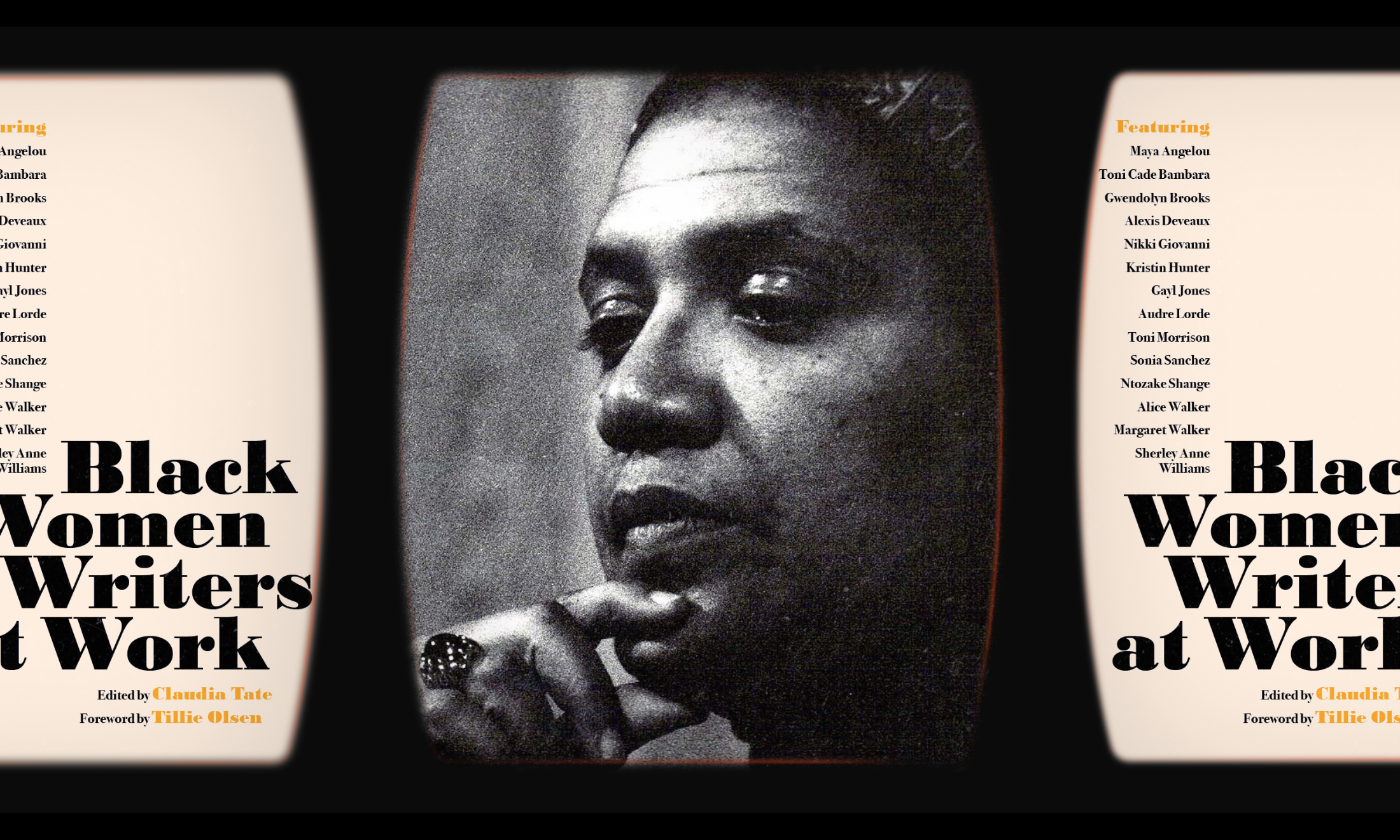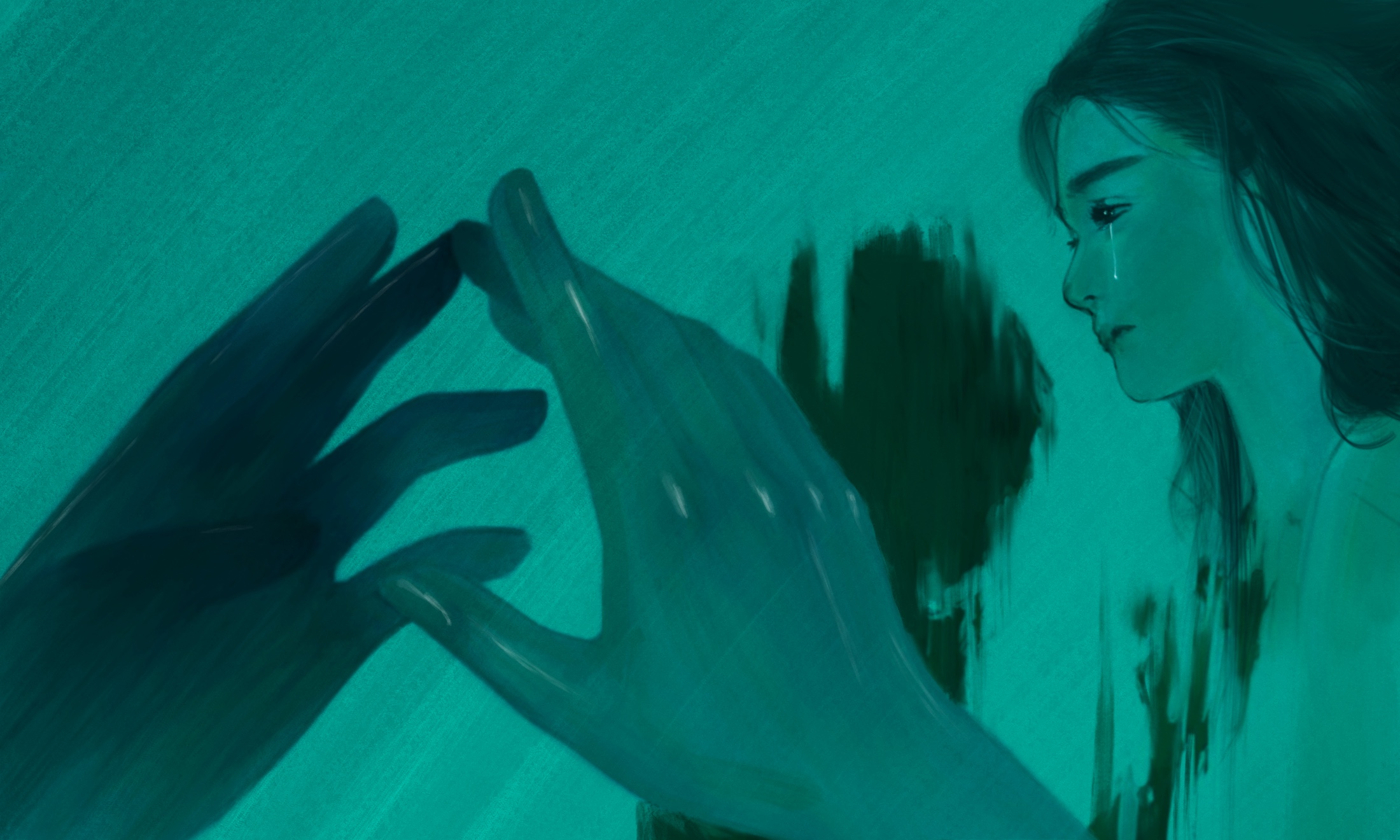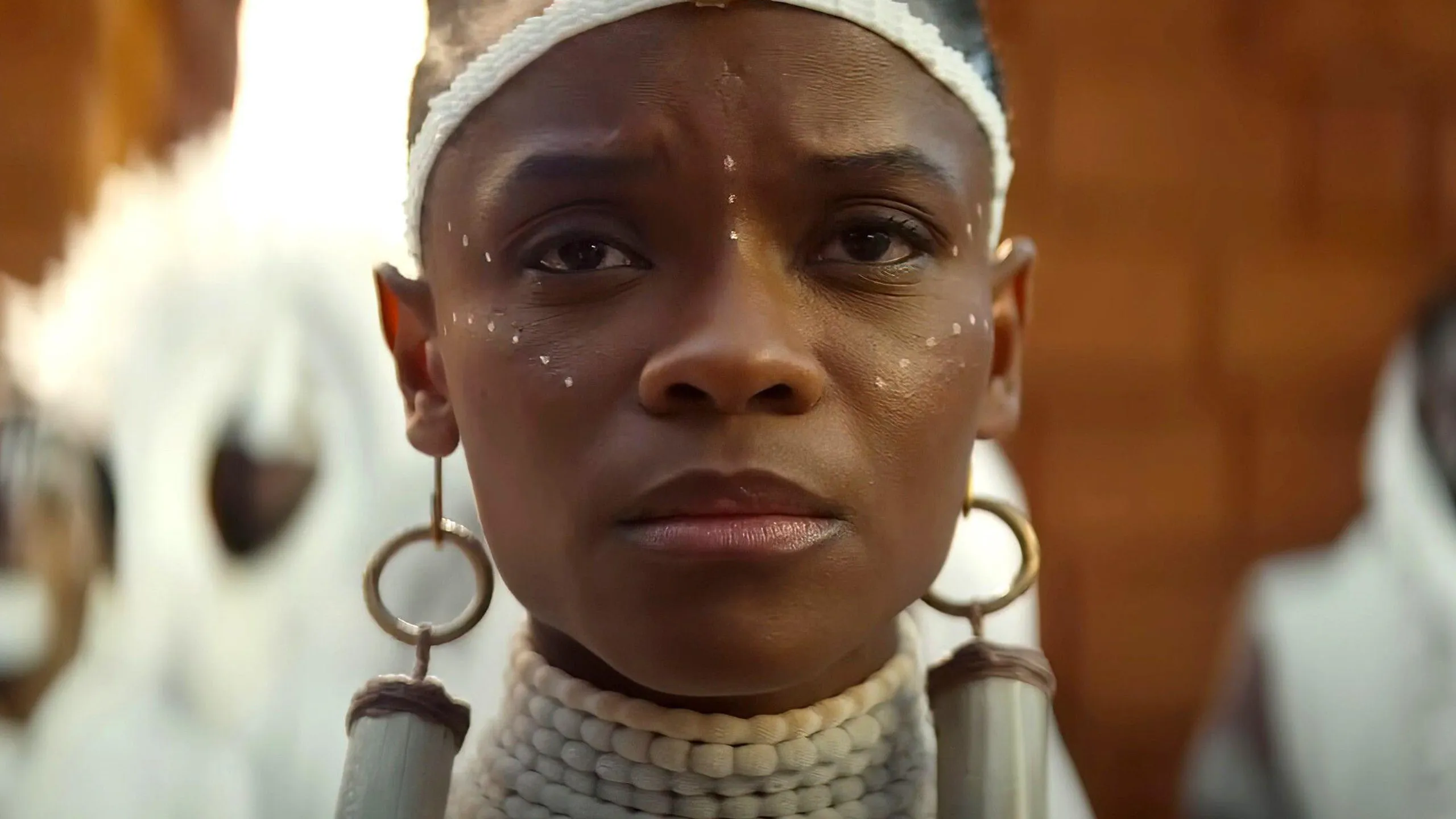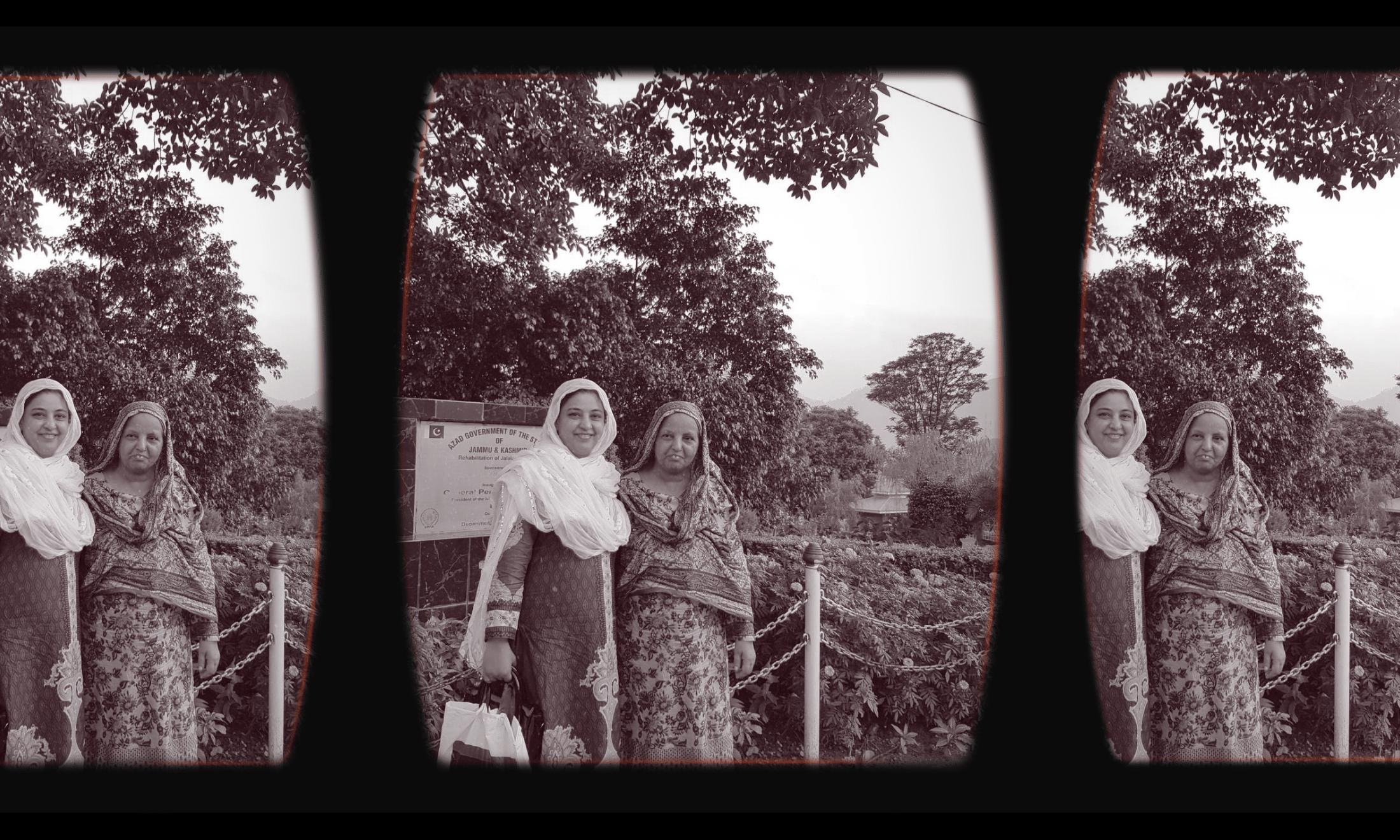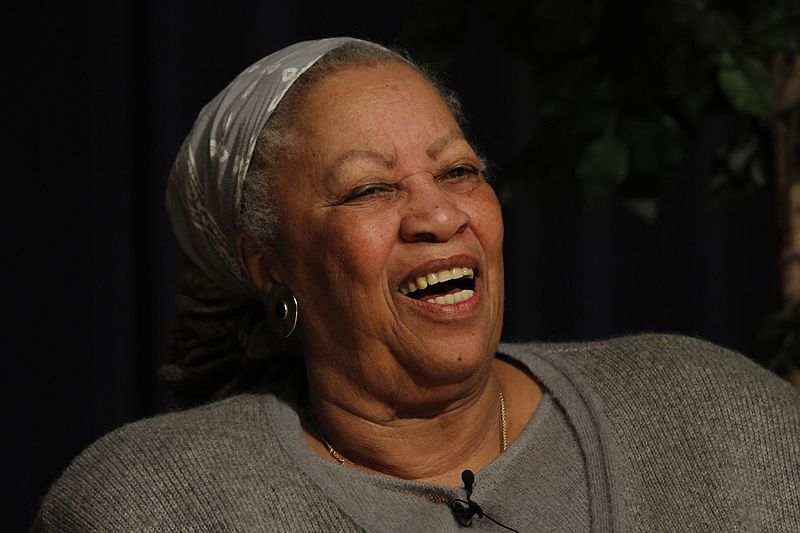
Toni Morrison inspired me to become an author – she will be deeply missed
Sareeta Domingo
07 Aug 2019
Photography via Wikimedia Commons
Experiencing sorrow after the death of someone you cherish is not unique – but it is deeply personal. The news of Toni Morrison’s death flashed as an alert across my phone screen, and I shouted “NO!” loudly and to an empty room as my eyes filled with tears.
I’m certain that across the world, many, many people did the same. The instant outpouring of testimony, love, resonant quotes, joyous celebration and drowning sorrow rippled across social media, and beyond.
It would be impossible to gauge the number of people whose lives Toni affected with her words, her being and her greatness. I was merely one of them. I can still remember the moment I first finished Beloved; in my opinion her masterpiece, and my favourite book of all time. I was sitting on the edge of my single bed in my tiny room in university halls, navy duvet cover rumpled with the way my fist gripped it as I read those final words of what was “not a story to pass on”. And yet Toni did. Her unrelenting engagement with the the trauma that birthed the United States held a lens to the ugly face of race in America. A trauma that could never be denied. Not remembrance, but “rememory”.
“She centred herself, us, me, black women. Wrote for us”
The experience of reading Beloved was, for me, deeply profound. The moment I finished, I began the novel again. I was astounded. This level of audacity, of language, of storytelling, of vision, had come from the pen of another black woman. A woman like myself. A woman who had attained the highest levels of acknowledgment – the Nobel Prize for Fiction, a Pulitzer, and countless other accolades. But her significance did not simply lie in those achievements. She dismissed the notion that an African American woman could not be a great author. She centred herself, us, me, black women. Wrote for us. Showed us what is possible when we free ourselves from the constraints of believing our opportunities as writers and artists are limited, or that we cannot be at the epicentre of our own creativity. She wrote for us.
Being shown this possibility allowed me to become a writer – a novelist. It allowed me to believe in my own ability to tell a story that meant something to me. And she did this for countless others, empowering us to tell our stories, whatever they may look like. But she also inspired me as an editor, as a facilitator of the writing of others. Toni’s dedication to amplifying the voices of writers and activists like Angela Davis, Toni Cade Bamara, Mohammed Ali and Gayl Jones to collect the work of seminal writers like Chinua Achebe, Wole Soyinka and Athol Fugard in Contemporary African Literature – this work alone should warrant the highest praise.
So the fact that she, a single mother of two sons, rose from her bed before dawn to write, then went to work full time as an editor, was hugely inspirational to me. As an editor by day, and a writer in the mornings and evenings, I aspire to emulate even a fraction of this. At my desk, I look at the picture I printed off, depicting Toni sat at her own writing desk, to which I’ve added a speech bubble to her smiling face: “Time to write!” I look at the snippet of her words from a university speech that I have tattooed on my forearms: “…Dream a little before you think.” And I am motivated, and replenished.
“I look at the snippet of her words that I have tattooed on my forearms: ‘…Dream a little before you think'”
Toni sat deep in the knowledge of her own powerful mind; lightening quick of thought, lyrically considered of speech. One of the greatest experiences of my life so far was journeying to Boston to hear her series of Norton Lectures at Harvard University a few years ago. When it came to questions from the audience, a young woman began a critique of some of the choices in the narrative of Beloved. Toni quipped, “I wasn’t looking for notes.” Her wit and her joie de vivre truly shone through, settled in the knowledge of her own achievements.
And yet I am bereft, as so many of us are, that while we were allowed a rare privilege in living in the same era as the great Toni Morrison, what are we ever to do without her in this world? At a time like this we must turn to her words, and be eternally grateful that we have them at all. One of the many deeply profound quotes of hers that have recirculated in the wake of her death has been: “We die. That may be the meaning of life. But we do language. That may be the measure of our lives.” If language was the measure of her life, then it must surely be said to be immeasurable. Thank you, Toni.

